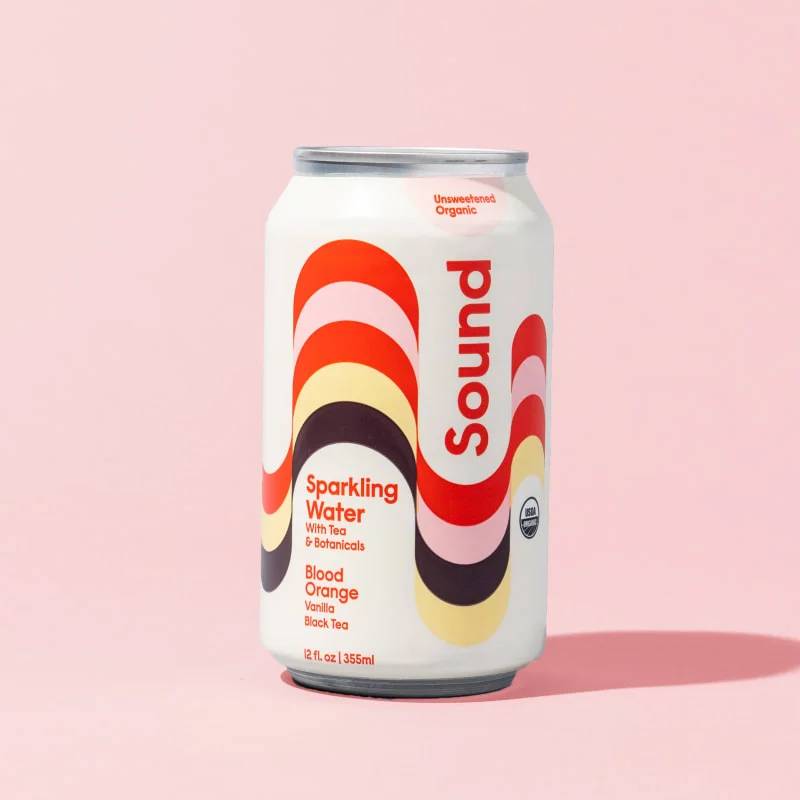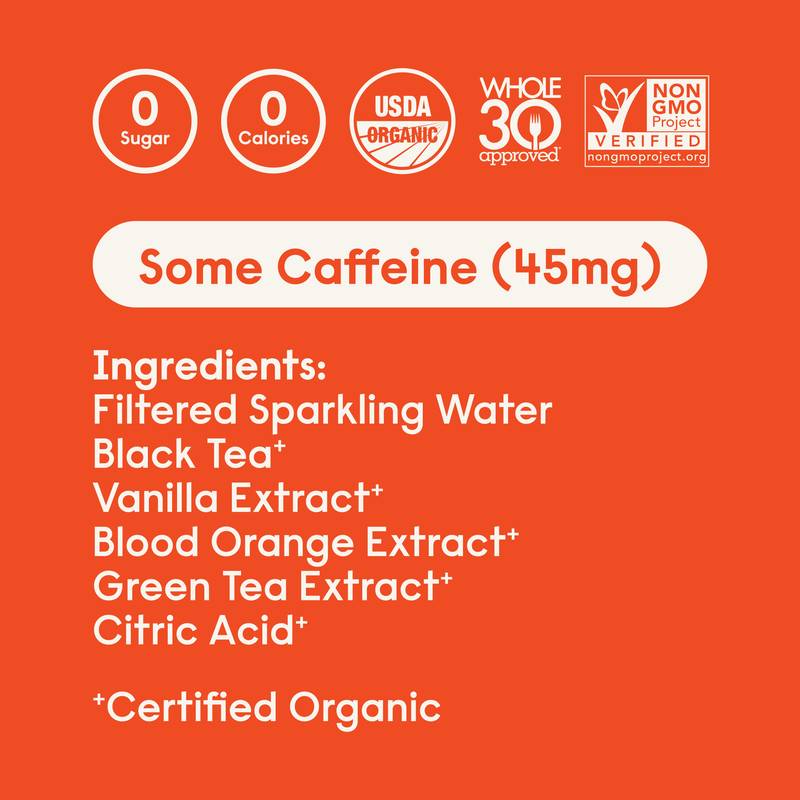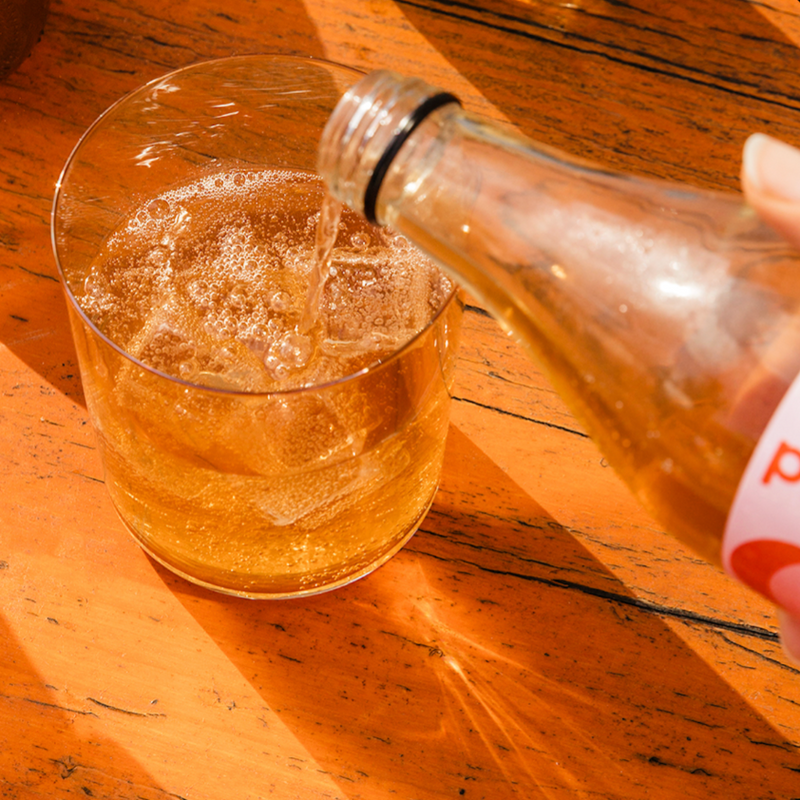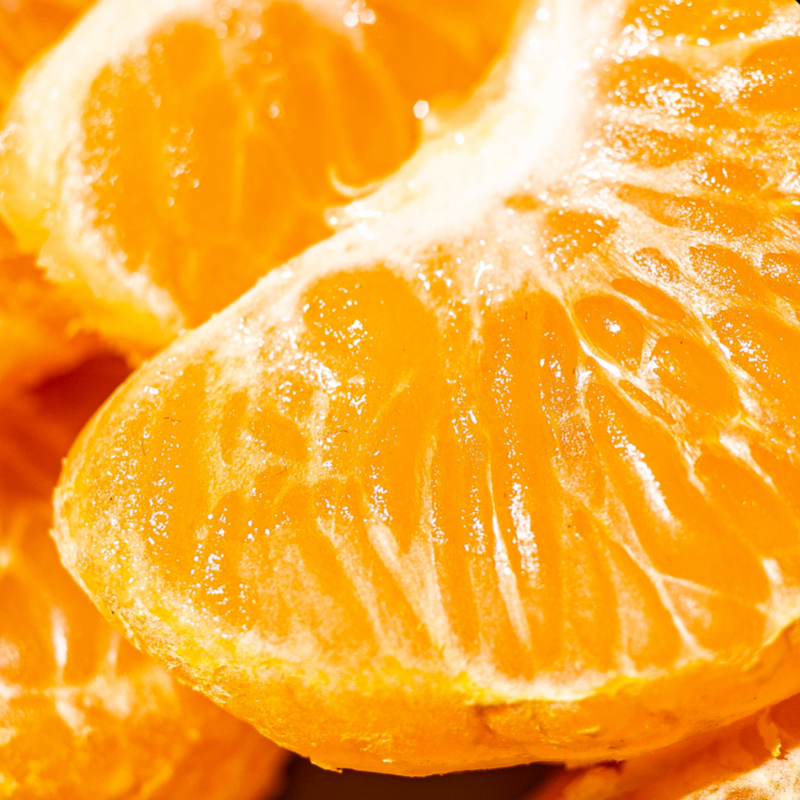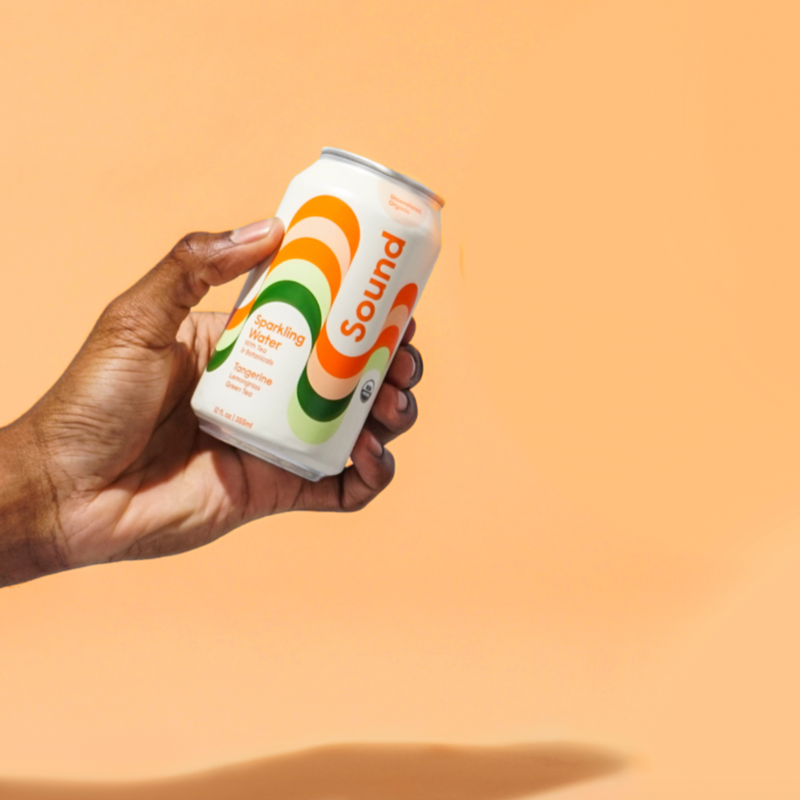It's no doubt that over this past year, there have been chunks of time when we've spent more time indoors than we would have otherwise. Whether that has been directly due to quarantine restrictions or indirectly, through less travel and socializing, we likely haven't made spending time in nature as much of a priority as we may have otherwise. But with stress peaking for many over this past year, nature is actually the exact remedy our body craves!
Research shows that as little as ten minutes outside can boost mood and lower feelings of stress.
Why does it matter? Besides simply the mental benefit of reducing stress, studies upon studies show that chronic stress is linked with all disease as its a major initiator of inflammation. In addition to lowering stress hormones, studies have shown that spending time in nature can even reduce blood pressure; when considering that high blood pressure is one of the top causes of heart disease — the leading cause of death — this is especially notable. Crazy enough, you don't even have to spend time literally outdoors to reap the benefits. It's been found that patients staying in a hospital room with plants experienced lower levels of stress than those without that nature exposure.
How does nature reduce stress?
We're always curious to know the "how". Yeah - we feel better, lighter even, when we're outside, but how? Why?
There are a few hypotheses as to how stress is lowered by spending some time outdoors. One of the more predominant of those is that because humans evolved in nature, being there is where we feel at our best; this reminds me a lot of why grounding is so powerful, with the science showing it has benefits that even go as far as strengthening our immunity. Another theory, called the Attention-restoration Theory (ART), states that the heightened screen time in today's day and age leads to mental fatigue and irritability; the time spent in nature promotes a restorative environment and allows the brain to "rest and recover" from that fatigue. Finally, the stress-reduction theory states that nature activates a physiological response that reduces stress, allowing one to feel less stress and more positive.
What's next?
Some clinicians are beginning to incorporate prescription of a "nature pill" into their practice aka recommending their patients to spend a certain amount of time outdoors each day to help with recovery and mental health. It seems that as little as ten minutes a day makes a difference, and that benefit only increases until 50 minutes at which point the gain does not decline, only plateaus.
Nature could count as a park, lake, garden or even just standing on a small patch of grass (!). Again and again, studies show that a little time in our natural world can go a very long way!

